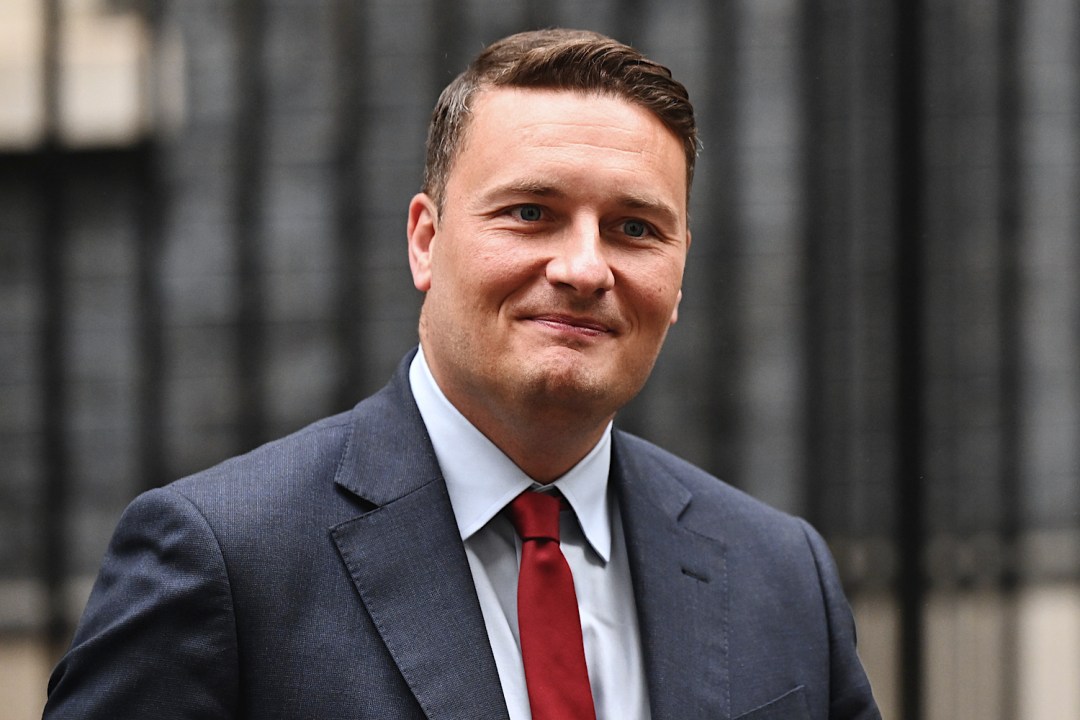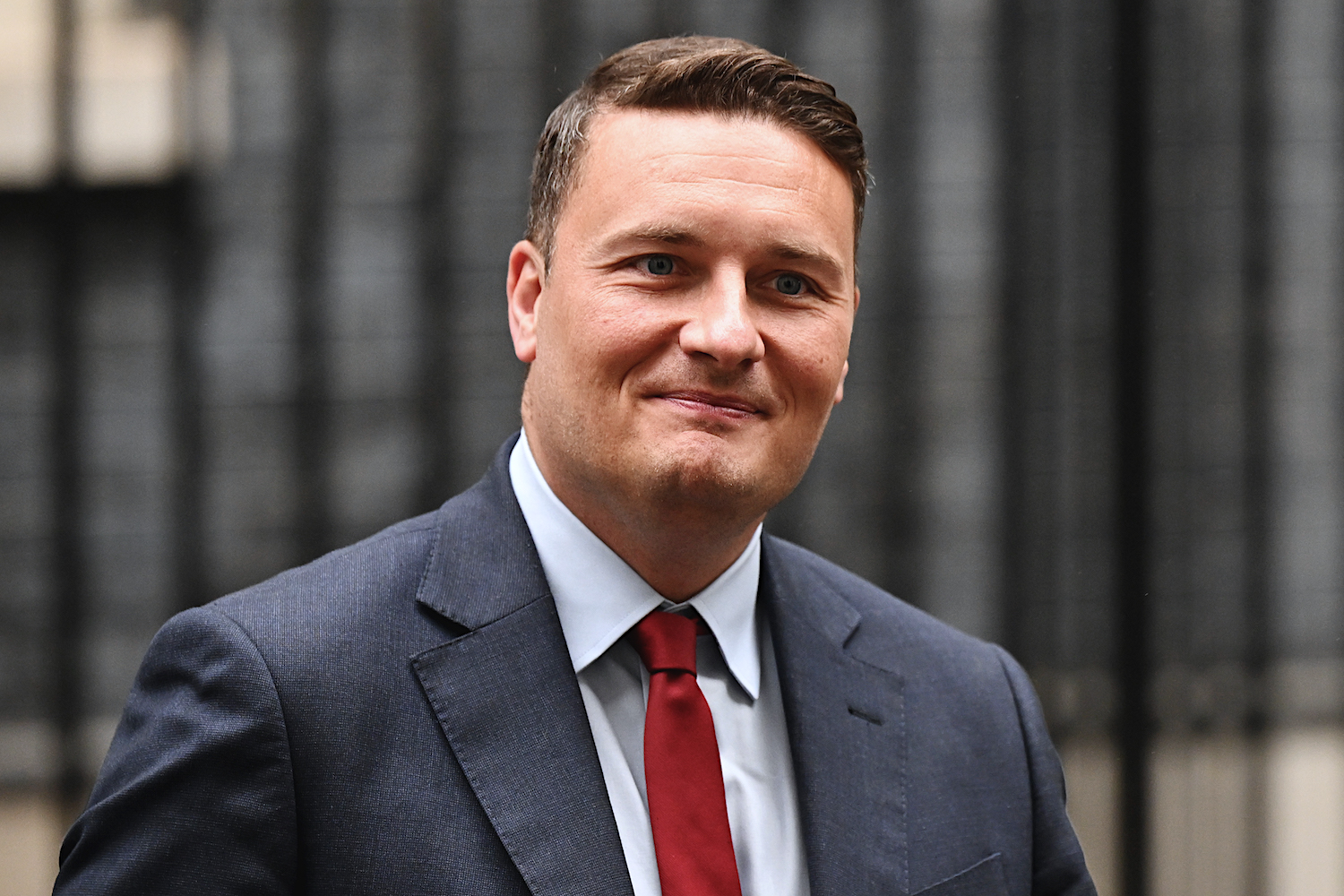What do we really need to change about the NHS? Later this week we will finally get the NHS plan from Health Secretary Wes Streeting which, like all the other big reforms before, promises to make the health service fit for the future and focused on patients. Streeting has been more articulate than many previous ministers about the failings of the current setup, saying the NHS today is often organised around the needs of the system, rather than the people it is meant to serve. One of the most pernicious aspects of this is the way the health service deals with mistakes.
Streeting has already trailed ‘pioneering AI technology’ in the new plan which he says will ‘rapidly analyses healthcare data and ring the alarm bell on emerging safety issues’. He hopes it could stop scandals like Mid-Staffs, or the many maternity units still under investigation for dreadful care.
This week we also learned that the first six months of the Martha’s Rule scheme, which allows families of patients to request an urgent second opinion from a critical care outreach team, has led to changes in care for 465 patients. Martha Mills died of sepsis in 2021 after medical staff repeatedly overlooked her family’s concerns about her deteriorating condition and failed to admit her to intensive care. The parents of the 13-year-old campaigned after her death for this right to an urgent second opinion.
Martha’s Rule is one of those changes that really does show there is a way of changing the way a system runs so that people don’t die just because busy medics refuse to have a second think about the decisions they have made. What was alarming for her family, who of course knew best what Martha was like, was that their concerns were largely dismissed as the typical anxieties of overwrought parents, rather than something the healthcare team might want to pay heed to.
That dismissal of concerns is a regular problem throughout the NHS, which still adopts a very patrician view of patients and their relatives. A new AI system will not in fact be spotting many things that haven’t already been highlighted by human voices. One of the great scandals of Mid Staffs was that so many people had raised concerns: doctors had tried to raise the alarm about what was happening in A&E, and relatives had been campaigning about the treatment and deaths of their loved ones for years. There was not an absence of concern. What was lacking was anyone paying attention to it.
Similarly in maternity care, women in pain who are worried about their baby’s movements or who have an instinctive feeling that something is going wrong are often dismissed as making a fuss. On a wider scale, we have long known that there are serious systemic issues in maternity, but the system is taking even longer to acknowledge and address those issues.
Often relatives campaigning after a death are characterised as being driven mad by grief – and therefore easier to dismiss as being wrong. It is possible to be in the pain of bereavement and entirely right, just as it is possible to be driven mad by the system that repeatedly tells you that you were wrong about the things you saw written down in your child’s medical notes (which have mysteriously gone missing), or about your attempts to raise the alarm with staff.
Perhaps removing the human from the equation might help: will senior staff, Trust leaders and politicians listen to the warnings produced by an algorithm? Even if they find it harder to dismiss those results, it’s worth pointing out that AI has not advanced sufficiently to pick up the signs of a toxic culture in a working environment or across a system. But we already know that the NHS does have a toxic culture when it comes to mistakes. Perhaps Martha’s Rule will help shift that culture a little: not much else has before now.









Comments